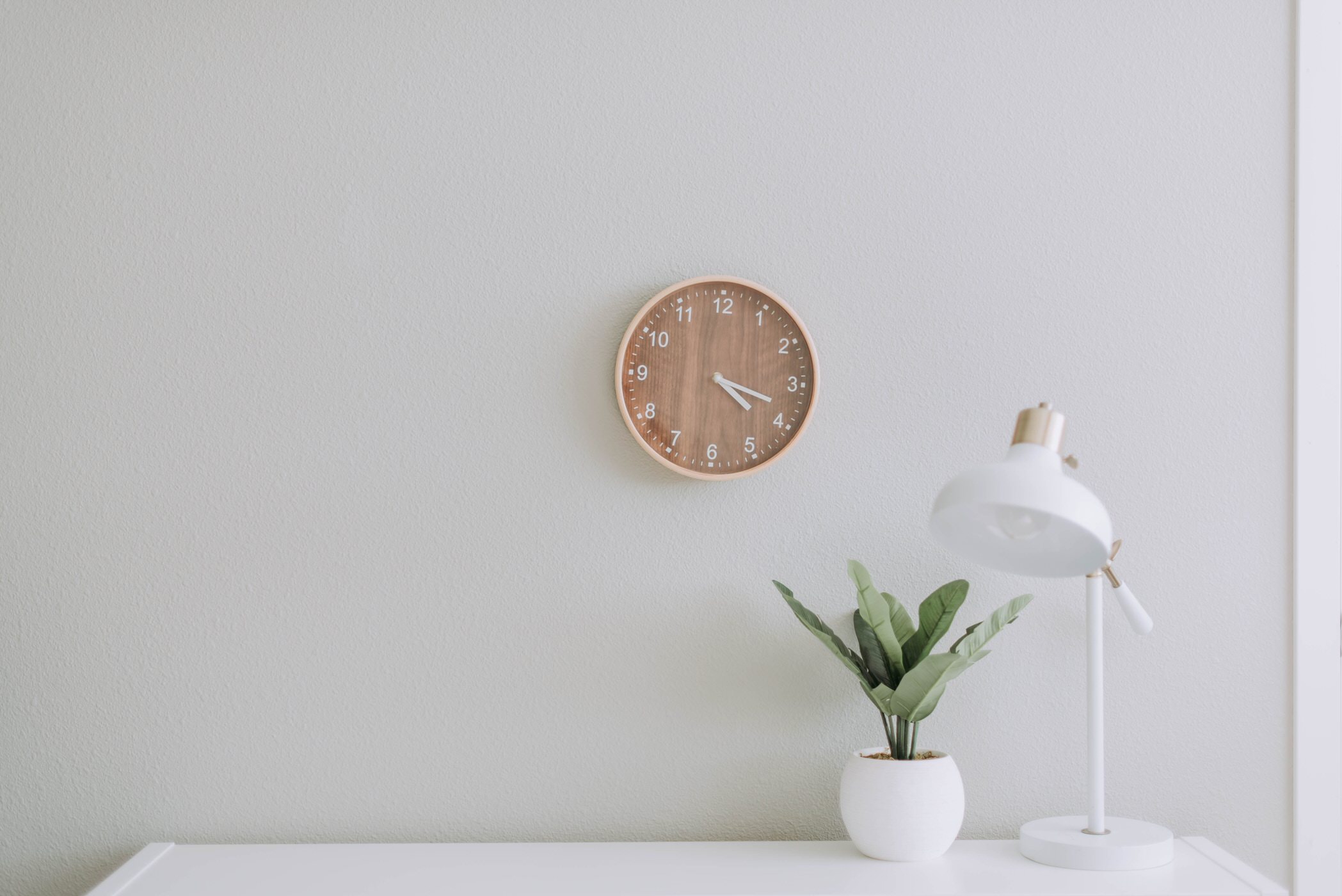Mental health awareness continues to be a topic of discussion in the news, among our friend groups, our family members, and more. However, where it’s not the most discussed is in the “professional” setting of the workplace. This topic is still known to be “imperfect”, for the focused perfection work space. It’s been known though that the majority of the current adult population spends at the least one-third of their lives at work, which is why culture in a company should be top priority. As business owners and employees, there is massive opportunity to create a positive, healthy work/life balance where inclusion around mental health is valued.
In the last few years, data has indicated through a variety of research studies that between 30% and 50% of all adults in the United States will experience mental illness, or know someone with a mental illness, during some point in their lives.
Mental health is the foundation of our well-being.
Humans are the movers and shakers of the business world, and as such, we have the chance to promote awareness and communication within our businesses or workplace. Want to know how? It only going to happen by having the right conversations, creating a culture that’s inclusive of mental health, and knowing how to sustain that culture.

Having Conversations Around Mental Health Awareness and Inclusion
Almost every time, this conversation begins with you. Maybe you’ve experienced, or know someone who has experienced, mental health issues. You have the voice to speak up and begin this type of conversation movement. For me, I can recall back to 2015 when I went through a season of depression where I was diagnosed with Major Depressive Disorder – and here I was counseling my own clients. What you may think is “impossible” is many times VERY possible. Going through that season, I now get to share this experience with others; my strengths, my struggles, my wins, my straight fails. Your vulnerability is courageous, and sets the standard for others to open up about their experiences.
Creating a Culture That Values Mental Health in Your Workplace
Once the conversation has started, it will hopefully spread in a way where there is awareness and acceptance of this new movement in your business. Begin to incorporate fun “human” things in your business or workplace that aren’t about work. Create a #randomgoodfeels channel in your Slack group where you can post about the new restaurant in town, or a funny moment you experienced at your workout class. Business leaders: make one-on-one meetings with your employees so they have the space to talk about whatever they may want to talk about; work, family, stress, dreams. Maybe your business needs a makeover of your Employee Assistance Program (EAP). Maybe you need to highlight resources you’ve create to guide your employees. It’s time to make your humans, your coworkers, your people, a bigger priority.

Sustaining a Business Culture That Values Mental Health
It’s time to change any thought patterns about mental health. You have the power and control to change the stigma you might have consciously or subconsciously created in your head around mental health. Once your mindset is clear, your feelings and behaviors will follow. To sustain a culture in your workplace that’s aware and inclusive around mental health, you must be committed to evolving this conversation and consider the needs of your people/coworkers. Stay up to date with topics buzzing, research on how to sustain such a culture (many are out there), bring fun into your workplace, and live without judgment of your neighbor.
As humans who lead and work with businesses, we can empower our people, our coworkers, to live better lives that are seen, known, and valued. It begins with you.
